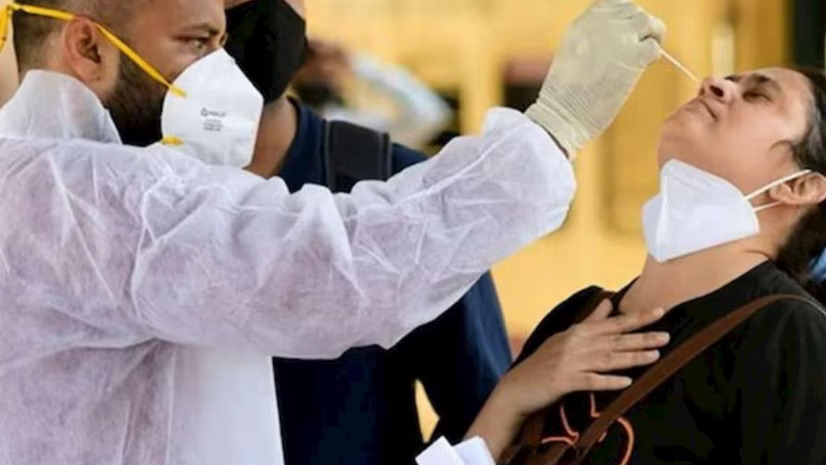On Saturday, the Indian Ministry of Health and Family Welfare (MoHFW) rejected a recent study from Oxford University, published in Science Advances, that estimated a significant increase in mortality in India during the Covid-19 pandemic.
The study, led by Indian-origin researchers, claimed that India saw 1.19 million more deaths in 2020 than the previous year, a figure that is eight times higher than the official count of COVID-19 deaths reported by India and 1.5 times higher than the World Health Organization’s estimates.
The MoHFW criticized the study, labeling its findings as a “gross and misleading overestimate” and arguing that the methodology used was “untenable and unacceptable.” According to the ministry, the study’s conclusions are flawed and not representative of the actual mortality trends in India.

India’s Health Ministry rejects Oxford study on COVID-19 mortality, calling findings misleading and flawed
The ministry provided its own data, citing a 4.74 lakh increase in deaths in 2020 compared to 2019, based on the Civil Registration System (CRS). This increase is seen as part of a broader trend, with similar rises in death registrations observed in previous years, and not necessarily attributable to the Covid-19 pandemic alone.
The ministry also pointed out that the CRS had a high registration rate in 2019 and that the larger population base in 2020 could have contributed to the higher death count.
Further, the MoHFW criticized the study’s reliance on a small sample from the National Family Health Survey-5 (NFHS-5), which covered only 23 percent of households in 14 states between January and April 2021. The ministry argued that this sample was insufficient to represent the entire country accurately, making the study’s estimates unreliable.
Finally, the MoHFW contested the study’s claim of higher female mortality during the pandemic, asserting that data from other sources consistently shows higher COVID-19 mortality rates in males compared to females, especially among older age groups.
According to the ministry, data from the Sample Registration System (SRS) indicated that excess mortality in 2020 was minimal compared to 2019, with no significant change in life expectancy.
